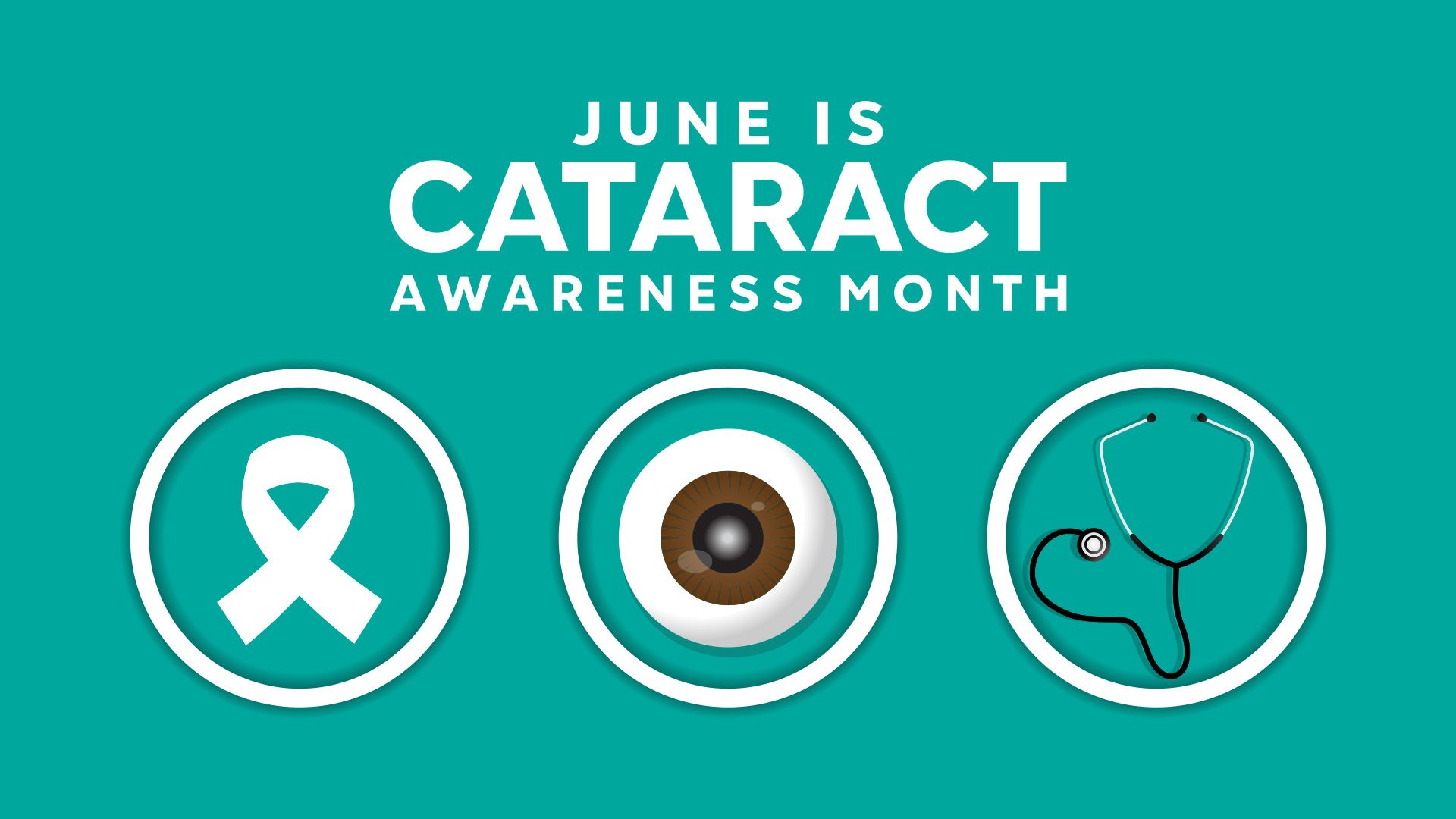CMS about-turn on LCBOs amounts to ‘Let them eat cake’
Patrick Masobe • February 12, 2020
Patrick Masobe, chief executive officer of Agility Health and former Registrar of the Council for Medical Schemes.
As recently as March 2019 the Council for Medical Schemes
released a discussion document seeking industry inputs on how best to go about implementing Low Cost Benefit Options (LCBOs), with the intention of introducing measures to provide the protection of healthcare cover on medical schemes for low-income households.
The project to introduce minimum benefits specially tailored for LCBOs was meant to be implemented as a measure to replace risk based health insurance products, which were until recently subject to an Exemption Framework. Just nine months later in December, as the holiday mood began to settle over our nation, the CMS announced that no further exemptions to the insurance products would be granted and the replacement LCBOs too would no longer be developed and rolled out – no exemptions, no exceptions, finished and klaar.
And what rationale was cited for this about-turn? Again, we are told, it is to protect the healthcare interests of low-income households – this time through aligning with national health policy in pursuit of the ever-elusive National Health Insurance. A key critique of the LCBO model cited is the potential that members on such plans could be largely reliant on public health facilities, and therefore such plans may not be helping to reduce pressure on State facilities. It should be noted, however, that not all products marketed for the low income segment are necessarily directing members to State health facilities. To the contrary, these very same products will ultimately serve to reduce pressure on Government hospitals as they are specifically designed to keep members healthy and productive.
Options provided in terms of health insurance products and even the Bargaining Council Medical Schemes established with certain exemptions to the Medical Schemes’ Act to provide cover for blue collar workers are to be similarly scrapped, again with the noble aim of aligning ‘with the broader health policy discussion that seeks to ensure adequate access to care, irrespective of the economic status of the population.
In the meantime, where does the Regulator’s decisions on LCBOs leave the majority of South Africans who cannot afford private healthcare? In a position where there are simply no options for access to private healthcare, and therefore they are back at square one – waiting in long queues for the overburdened State system to provide healthcare cover. And that will now extend to people currently on some form of cover on insurance or other exempted products.
The Demarcation Framework, which flowed from an agreement between the Ministers of Health and Finance in 2015, has been extended twice so far and recent developments beg the question, where do the Ministers stand on the Registrar’s recent pronouncements?
Prohibiting LCBOs at this point in the transition towards universal health coverage will have far-reaching and harmful effects, not least on the poor which these regulations claim to champion. In the absence of a workable alternative framework that could be implemented by the cut-off date in March 2021, it is unconscionable to expose those who may have had access to insurance products and other exempted products to the potential risks associated with having no cover and no safety net (which was what LCBOs were going to provide), including the threat of possible bankruptcy if faced with a catastrophic health event.
Fair administrative procedure should surely require that when regulatory changes on this scale are proposed, people who are likely to be adversely affected be afforded the opportunity to voice their concerns and be consulted on the timing of implementation. We have no indication that this has taken place, even though it has been estimated that as many as two million people may be stripped of access to private healthcare through the eradication of affected health insurance products without providing an alternative solution, through LCBOs or otherwise. Whether the State healthcare system has the resources and capacity to adequately provide for these additional patients is doubtful, to say the least.
Further to the above, the Prescribed Minimum Benefits review process to include aspects of primary healthcare cover will either impoverish the comprehensive basket of services currently provided or it threatens to drive up the costs associated with providing PMB cover to the point where even fewer South Africans can afford medical scheme membership, even though schemes operate on a not-for-profit basis.
The Health Market Inquiry report has recommended a number of targeted reforms that could achieve proper balance with regard to medical schemes regulations and puts forward a number of measures to address concerns around risk pooling, costs and efficiency.
As we move towards the implementation of National Health Insurance, expected to roll out by 2026, mere hope for a more inclusive healthcare system will not sustain those facing serious medical challenges.
There are many ways of achieving universal health coverage, however for the foreseeable future the most viable option for South Africa appears to be for the public health sector to operate alongside a properly regulated medical scheme sector. Micro-managing the healthcare funding sector stifles innovation, which could provide solutions in the short and medium term to deliver access to world-class healthcare to more South Africans.
There is no doubt that reform is needed as both the private and public healthcare sectors evolve to provide an effective, sustainable and well-governed health system that meets the healthcare needs of all South Africans. The drastic action of cutting off low-income households from the only available means of funding access to private healthcare without providing an alternative substitute model is surely not a necessary or logical step to achieving National Health Insurance.
Depriving lower income families of the option to access private healthcare, or even the opportunity to comment on the regulations directly impacting their lives, seems a strange way to go about broadening access. It is not only undemocratic – it amounts to the healthcare equivalent of declaring ‘Let them eat cake’.
About the author
Patrick Masobe (LLM, MSc Economics) is chief executive officer of Agility Health
and was the founding chief executive officer of the Council for Medical Schemes. He also served as chairman of the finance task team of the Health Ministry’s Advisory Committee in 2009, and as chairman of the Health Systems Trust’s Board of Trustees, between 2004 and 2006.

Cardiothoracic surgeon and founder of the Young Hearts Africa Foundation, Dr Wilhelm Lichtenberg, has made it his life’s purpose to reach children with life-threatening heart defects like Baby Kendreya Pillay's before it is too late. Since its inception in 2023, the foundation has helped 30 children.

It has been estimated that 80% to 90% of doctors experience some form of burnout at some point in their careers. This can affect their ability to practise optimally and to connect with their patients with empathy and care. The consequences are serious, as burnout and depression are major risks for doctors, threatening both their wellbeing and the quality of care they provide.

Upbeat 25-year-old student Atang Climantine Makhubedu jokingly calls herself a cataract survivor. Just weeks before, however, she was battling the harsh reality of unexpected vision loss, which Dr Sachin Bawa, an ophthalmic surgeon practising at Netcare Linkwood Hospital, describes as having significantly impacted Atang’s daily life.

A South African first of its kind tool is transforming patient care locally by leveraging Netcare’s advanced electronic medical records system and abundant clinical data. This will help clinicians identify risk of deterioration from common causes earlier among intensive care patients so that treatment can start sooner.









